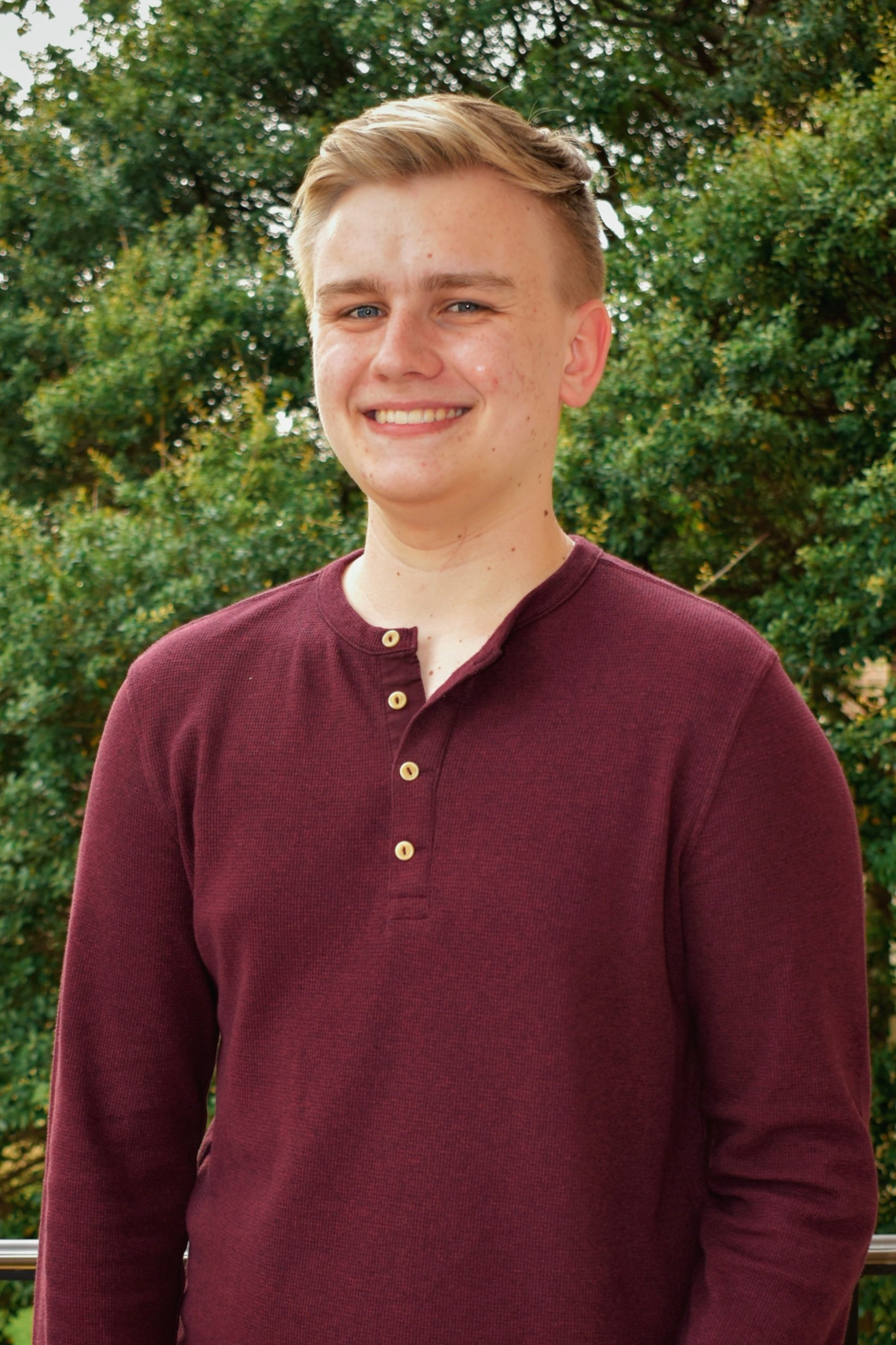Adam C.
Photography by Jackson Covert
If you’re reading this, it’s okay to fit in by standing out.
Look, I’m not going to lie to you; SMU is a predominately white, straight, cis, neurotypical, wealthy institution. We all know the stereotypes. However, the stereotypes are just that — stereotypes — and they don’t depict a universal experience on campus. If you’re here, reading this, you probably already know this to be true.
You also undoubtedly are reading this because you don’t fit within one or more of those groups, or another group I forgot to list above. I would bet that you are feeling what I felt early on at SMU, which is the increased mental burden put on by feeling like you can’t be your true self. I’m not going to pretend that I know, for example, what it’s like to be the only black student in a room full of white people, because that’s not my experience. But being a very openly gay, neurodivergent individual with a learning disability, I do know what it’s like to be the only person in the room with certain identities. And I can absolutely speak to feeling like I couldn’t really be myself because there wasn’t anyone on campus who could relate to my story.
My freshman year, I wasn’t sure if I was ever going to find close friends on campus. I had friends, sure, but I just wasn’t confident they would be able to really understand me as a person because we had such different backgrounds. I, like many people, had heard the “It Gets Better” campaigns they would play in school, but I honestly wasn’t sure how true they would be. I had close friends from high school, but I just didn’t feel like I quite fit in once I moved to campus. I knew that I had a community of friends and family back home that could sustain those close relationships, and I was ready to accept that and only that for the next four years. But I should not have given up that easily.
I’m here to tell you that you, too, should not give up that easily on trying to fit in by standing out. I’m going to save you the long story and just say that after four years I still sometimes find myself as the only person in the room with a certain identity. And that’s okay. I’ve learned to accept it, own it, and get to where I am today in spite of it, not because of it. Don’t get me wrong — I have some close friends who share very similar identities as I do (see: gay and/or neurodivergent), but I also have friends who are complete opposites from me. And through my many leadership positions on campus, I often find myself being the only voice in the room to represent an entire community.
And it’s times like that when you really must own it and stand up for yourself. I’ve built a community for myself on this campus largely consisting of people who don’t necessarily share an exact identity with me, but rather the shared feeling of not being the stereotypical student here on campus. And that’s okay! You’re not necessarily going to find a carbon copy of yourself to befriend during freshman orientation — but that doesn’t mean you can’t find your network of people to get you through the craziest four years of your life.
The best advice I can give is that just because you might feel like you are the only person with a given identity on this campus doesn’t mean that you have to close yourself off to others. Bond with people through a shared experience of feeling like you don’t fit in, and you’d be surprised how many people you can quickly become close with. Everyone is just trying to survive this insane experience, and the best way to get through it and come out the other side with an ounce of sanity is by enjoying yourself along the way — just don’t forget to be yourself, because people want to get to know the real you. All of you.
You will find your community and your people. Trust me — if I did it, so can you.
Adam C., Southern Methodist University
Connect With Us
To follow IfYoureReadingThis at SMU on Instagram, get in touch with our chapter, and learn about more resources available to SMU students, visit our chapter’s homepage.
AUTHOR CONTACT
This author has opted to allow readers who resonate with their story to contact them. If you would like to speak to the author of this letter about their experience, please use the form below.

